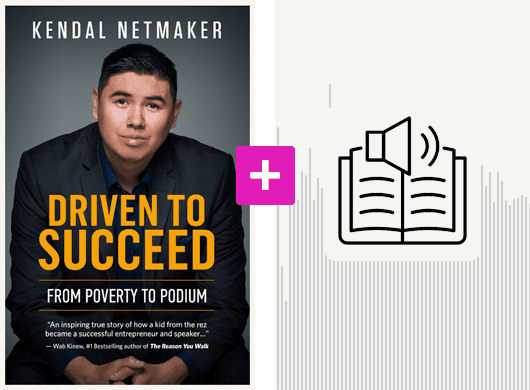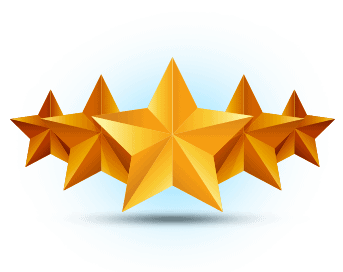Building a Positive Growth Mindset
Tansi.
I’m want to bring a message of hope, resilience, working together, thriving together, and doing the best we can with what’s in front of us. As a kid, I was always told, “Work with what you have, whatever’s in front of you. Don’t compare yourself to other people.
Just because someone has something more than you doesn’t mean that you can’t work for that.” Some of the things I’m going to share with you today, come from before my time.
They come from, my ancestors, been passed on from generation to generation, and I’m going to share them with you in teachings. That’s what’s translated in our language, these lessons that have been passed down.
Because there’s no textbooks in our cultural path. You have to be there in person listening to an elder, sitting there speaking to young people. And as children, we used to bow our heads and give our ears our attention to whoever was speaking.
So unknowingly, we grew up very quiet.
They knew the power of words, and these power of words were only emphasized when a teaching moment was needed. Historically, Indigenous peoples had a sign language.
They would only speak if they absolutely had to, historically.
So I’m going to share some of these teachings today to try help all of us to move forward. Because my goal today, is that as we grow as leaders, leading the way for the future, working together, thriving together.
But in order for that to happen where we are trying to get to, we have to work on our mindset. Everyone has this, a mindset.
In order for things to change, this has to change.
We have to grow up here. We have to learn things. We have to meet people.
We have to get used to sitting side by side as friends, as allies with every single person and every background in this country.
I often get asked, “Kendal, come and help us. We want to know about Indigenous peoples. We want to know how to work with you. We have a reserve right beside our city, our town. We don’t know how to talk to each other.” So oftentimes I’m very blunt where I go and I try to say, “Well, have you actually gone to visit each other? Have coffee.
Take proper protocol to approach an elder, to ask them to come speak to your group, speak to your city.” I’ll give you one teaching on this area.
Anytime you’re going to approach an Indigenous person for guidance, you want to bring them in to do a presentation, always, always, always start with tobacco.
You give that tobacco because that’s how it’s respected in our culture and our reserves all across this country. Tobacco, you give that along with a gift, something to compensate them for their time. It’s in all of our ceremonies and all the things that we do. We do that to honour and the way that we are taught, which is totally different from when I come out here in the mainstream.
I had to learn to live in two different worlds and adapt accordingly to this world and the other world because when I go back to this world, my home fire, my bubble on my reserve of Sweetgrass. I don’t speak like this. I don’t talk like this. In fact, I barely speak because the elders have the floor. Here it’s humility, humble.
You have to bring yourself down to earth. When I come into the mainstream, it’s about marketing. We’re trying to grow. We’re trying to do things to increase our sales, our marketing, trying to hire people, retain people. It’s a different way of looking at things. So in order for us to bridge the gaps with the people that we serve, we better make sure we understand each other.
Work with What You Have:
Growing up, I was told to use what’s right in front of me and not waste time comparing myself to others. Simple, right? Don’t let someone else’s stuff dictate your goals. Focus on your strengths and get creative with what you’ve got.
The Power of Words:
Our ancestors used sign language when words weren’t necessary. Lesson? Be mindful of what you say. Save your words for moments that matter, making them more impactful.
Learning from Ancestors:
Ancestors didn’t rely on textbooks; they spoke directly to pass on knowledge. No fancy classrooms, just personal connections. We can learn a lot from this hands-on approach—sometimes, the best lessons come from people, not books.
Bridging Cultural Divides:
Working together requires understanding and respect. If you’re reaching out to Indigenous folks for guidance, start with tobacco. It’s a cultural thing. Respect traditions, and you’ll build a foundation for meaningful conversations.
Living in Two Worlds:
Adapting is crucial. In my hometown, it’s all about elders having the floor. In the mainstream, it’s about marketing and growth. Balancing these worlds is tough, but it teaches humility and flexibility.
Humility in Action:
Whether you’re in Sweetgrass or the mainstream, being humble goes a long way. Know your limits, stay open to learning, and approach everyone with respect. It’s a game-changer.
It’s about practical steps. Use what you’ve got, watch your words, learn from people, bridge cultural gaps, adapt, and stay humble.
Let’s make the most of it.



